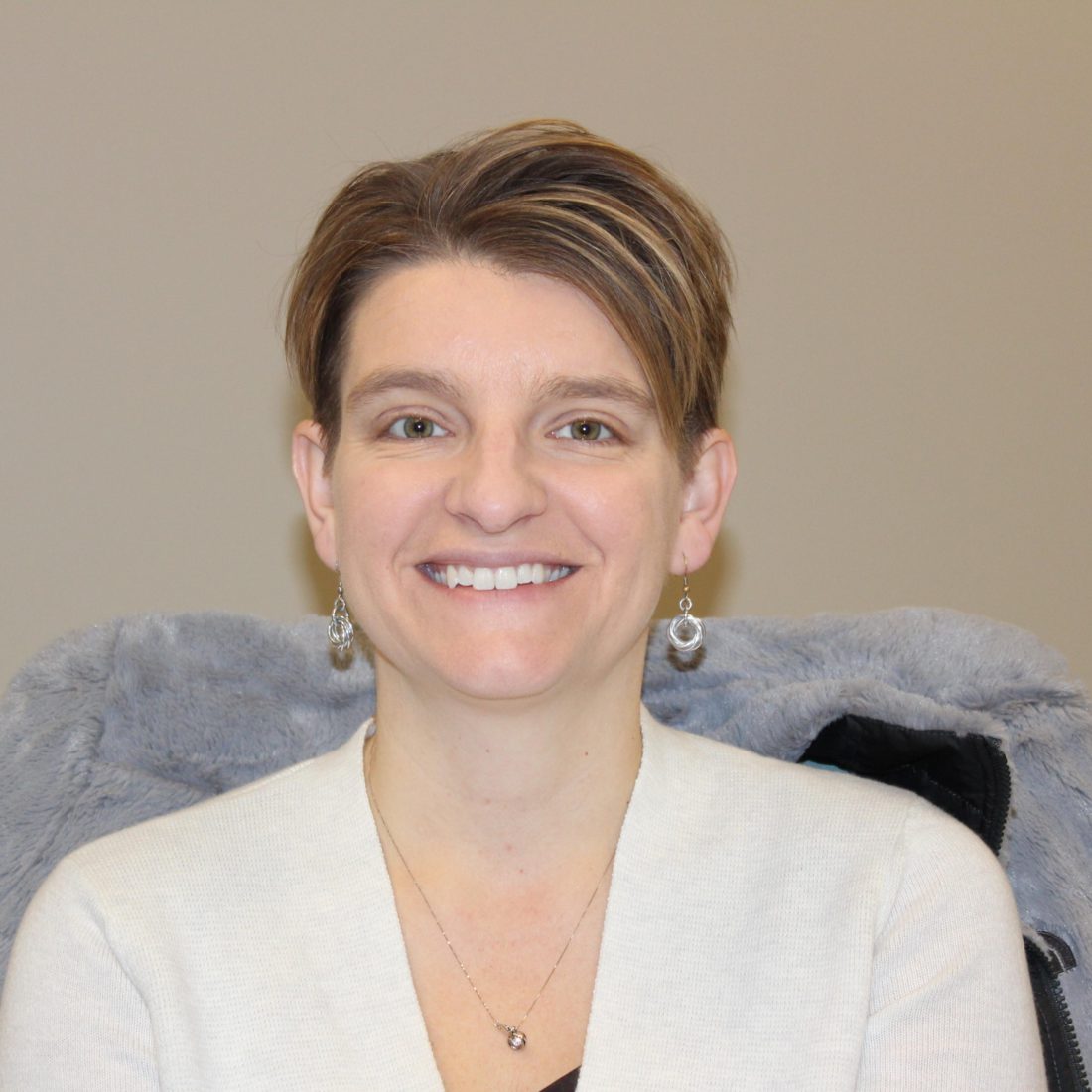It can be difficult to grasp how some older adults live without security. Yet 1-in-6 of those adults may be affected by elder abuse, according to a 2017 review published in The Lancet Global Health.
Buncombe County’s Aging & Adult Services receives hundreds of reports each year that allege neglect, abuse or exploitation. In fact, Buncombe County has one of the highest numbers of reports of elder abuse in the state, says Jennifer Teague, who manages the county’s programs for older adults.
Buncombe’s Adult Protective Services received 2,000 allegations of abuse of individuals 18 and older in 2019, Teague says, of which 1,336 involved people ages 60 and older. In 2020, APS received 1,794 such reports, with 1,190 involving older residents; she says that decrease was likely due to the isolation that the community experienced at the beginning of the COVID-19 pandemic. As of 2019, the latest year for which data is available, Buncombe County had the largest population of adults ages 60 and older in the state with 71,578 people, according to the N.C. Department of Health and Human Services.
Teague attributes the high number of reports to a community on the lookout for elder abuse. And on June 1, the Buncombe County Board of Commissioners furthered that vigilance by proclaiming June to be Elder Abuse Awareness Month. “Protecting Buncombe County’s vulnerable adults is a community responsibility, and it is imperative that communities work together to help reduce and prevent abuse, neglect and exploitation,” the proclamation read.
Lack of care
The UNC School of Government notes that elder abuse is a “catchall term” that isn’t defined by North Carolina statute, and Buncombe APS focuses on adults who are “functionally disabled” rather than distinguishing by age. But state law does define elder adults people age 60 or older who are not able to provide for their medical, social, financial, psychiatric, psychological or legal well-being.
Older adults who experience abuse are “much more likely to report higher levels of depression and anxiety, as well as a trauma and stressor-related disorder” (similar to post-traumatic stress disorder) from chronic abuse, explains Katie Rowe, a psychologist for the Asheville-based Mountain Area Health Education Center.
Neglect is the most prevalent form of elder abuse in Buncombe County. Self-neglect comprises almost half of the reports, says Teague. Self-neglect can be an indication of diminished cognitive capacity. A health care provider will need to assess whether individuals have the cognitive capacity to be aware if they are able to care for themselves.
In other cases, self-neglect may be caused by more logical or financial issues, such as inaccessibility to access food or medications. In those cases, Teague says, APS will make referrals to services such as pharmacies that deliver medications or transportation to medical care.
Nearly a quarter of the reports to APS allege neglect by a caretaker, Teague says. In this case, the individual being cared for is experiencing poor hygiene, malnutrition, unsanitary living conditions or not taking necessary medications.
A caretaker is often a family member, guardian or someone to whom an elder adult has granted power of attorney. APS follows statutory definitions of abuse, exploitation or neglect in assessing whether a caretaker is at fault; considerations include signs of physical, sexual and emotional abuse, as well as a caretaker’s refusal to allow the adult to be seen alone.
Anonymity guaranteed
Teague encourages community members worried about an elder adult to share their concerns with APS. “We always tell people, it doesn’t hurt to make a report,” she explains. The reporter is always kept anonymous, and two APS social workers will screen the report before any action is taken.
Reporters do not even need to know the name or residence of the person who may need help, as long as they have some identifying information so APS can locate the individual. “Are you seeing people in your community who are withdrawing from involvement in activities?” asks Teague. “Are you seeing individuals that don’t appear to be bathing regularly? Maybe that you’re seeing that they’re losing weight or becoming more disheveled? Maybe you’ve noticed that they haven’t left their home and you’re concerned about their access to resources. Those would be reasons to make a report.”
APS investigates about two-thirds of received reports, Teague says. For the county to take action, she explains, an individual must be functionally disabled; actively experiencing abuse, neglect or exploitation; and in need of protection with no other potential source of help.
Increased screening for elder abuse by health care providers is also important. Rowe notes that older adults are “very unlikely to report this to us” without being prompted.
Providers could ask about abuse during conversations with their elderly patients, Rowe suggests, in particular when caretakers are not present so they feel free to speak. “We know we’re not catching this in the way it should be and we really should be screening in the way we screen for depression or anxiety now,” she says.
Correction, 6/28/21: This piece has been updated to reflect that APS received 1,794 reports in 2020, not in 2000.



I commented about some bad Asheville cops who do not hesitate to abuse the elderly. Their favorite abuse is ripping arms out of their brittle elderly sockets.
You wouldn’t publish it, of course.